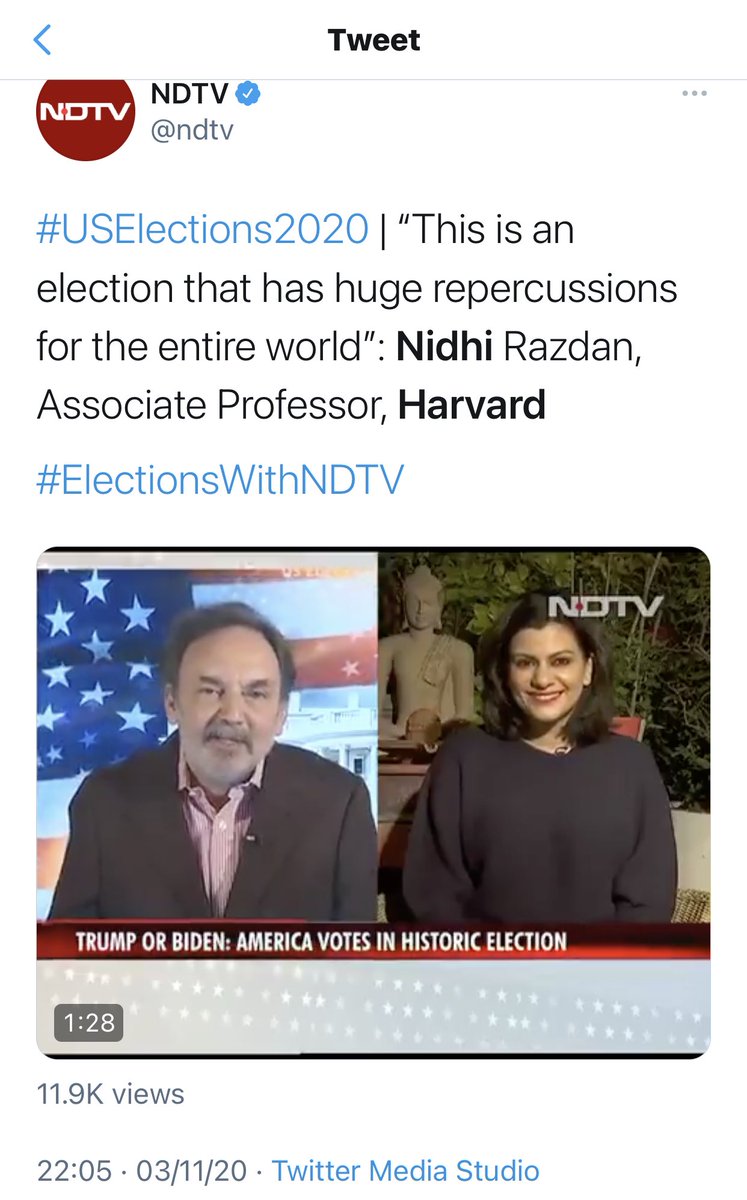
The Third World was not a pejorative term, as it later came to be used, but an ambitious political project premised on a moral alliance of anti-imperialist states pursuing an agenda of economic development, national sovereignty, and peaceful coexistence.
tribunemag.co.uk/2021/02/the-re…
tribunemag.co.uk/2021/02/the-re…
The foremost question on the minds of Third World leaders was of political economy. How might they pursue industrialisation with the purpose of raising the living standards of their people in a world economy still essentially structured around imperial relations of domination?
International corporations looked to the Third World to make wood chips or potato chips, not microchips.
This left Third World states primarily accountable to the demands of both financial investors and their export customers and less and less to the demands of their population.
This left Third World states primarily accountable to the demands of both financial investors and their export customers and less and less to the demands of their population.
The hollowing-out of democracy which comes from state policy being overtly crafted in accordance with the requirements of financial interests is now being experienced in the de-industrialised West, but took place initially and most severely in the Third World.
Although some managed to create stable enough manufacturing bases to compete, for the majority, the medicine killed the patient, producing rapid economic contraction instead of growth. The ruins of the Third World were acting as a direct subsidy to the economies of the First.
• • •
Missing some Tweet in this thread? You can try to
force a refresh










